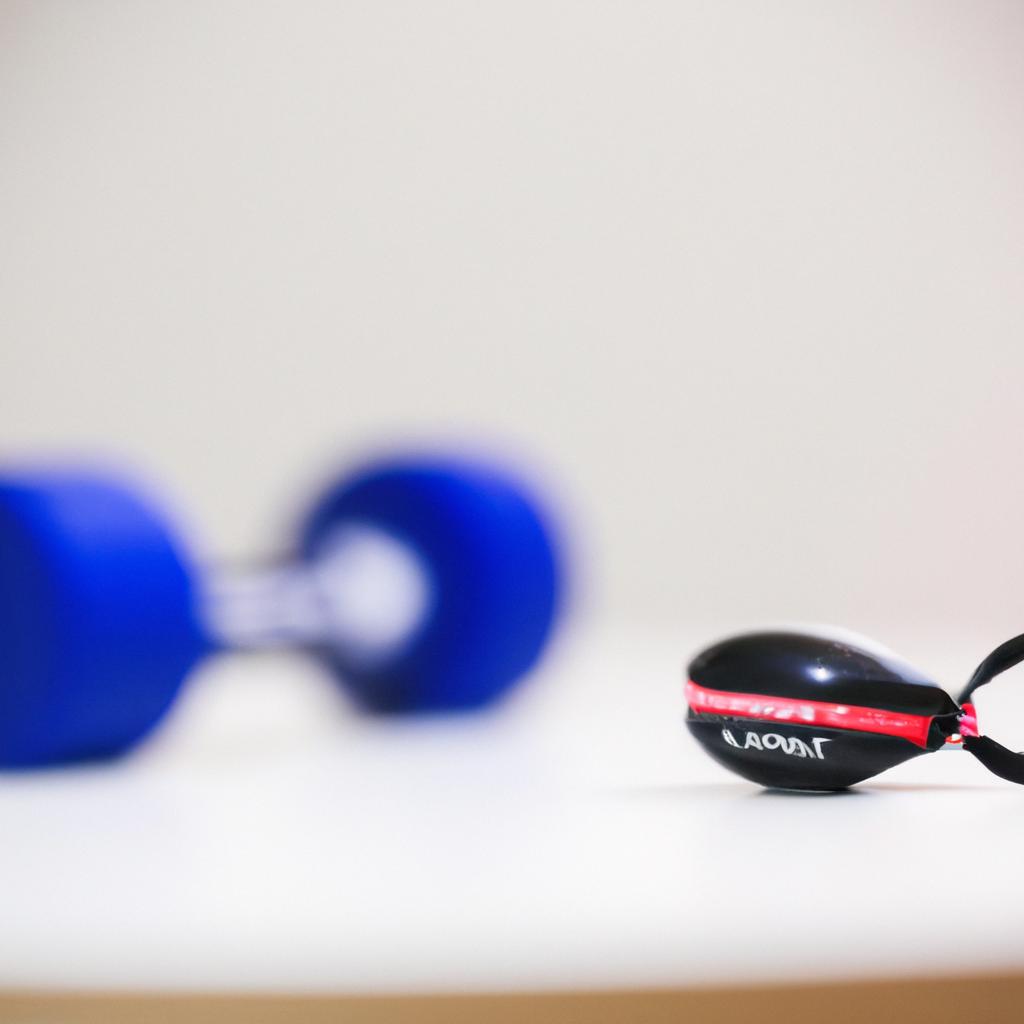The Effects of Intermittent Fasting on Athletic Performance: Timing Your Workouts for Maximum Benefit
# The Effects of Intermittent Fasting on Athletic Performance: Timing Your Workouts for Maximum Benefit
Intermittent fasting (IF) has gained significant popularity in recent years, not just as a weight management tool but also as a potential enhancer of athletic performance. Athletes and fitness enthusiasts are increasingly exploring the timing of their workouts in conjunction with fasting periods to maximize benefits. This blog post will delve into the effects of intermittent fasting on athletic performance, offering insights on how to align your exercise routine with your eating schedule for optimal results.
## Understanding Intermittent Fasting
Intermittent fasting encompasses various eating patterns that cycle between periods of fasting and eating. Common methods include the 16/8 method, where individuals fast for 16 hours and eat during an 8-hour window, and the 5:2 method, which involves eating normally for five days and significantly reducing calorie intake on two non-consecutive days.
### How Intermittent Fasting Works
The primary principle of intermittent fasting is to allow the body to enter a state of ketosis, where it shifts from burning glucose for energy to burning fat. This metabolic change can lead to various physiological benefits, including improved insulin sensitivity, enhanced fat oxidation, and increased growth hormone levels, all of which may impact athletic performance.
## Timing Your Workouts
For athletes practicing intermittent fasting, the timing of workouts is crucial. The goal should be to optimize energy levels and performance during training sessions while adhering to fasting protocols.
### Pre-Workout Considerations
Exercising in a fasted state can enhance fat oxidation, making it an appealing option for those looking to improve endurance. However, it may not be suitable for high-intensity workouts, as glycogen stores can be depleted. Athletes should assess their energy levels and the type of workout planned to determine whether to train while fasted or after consuming a meal.
### Post-Workout Nutrition
After a workout, the body enters a state of recovery where nutrient timing becomes critical. Consuming protein and carbohydrates shortly after exercising can replenish glycogen stores and aid muscle recovery. Athletes should plan their eating window to coincide with their post-workout nutrition for maximum benefit.
## Nutrition Tips
To maximize the effects of intermittent fasting on athletic performance, focus on the following nutrition tips:
1. **Prioritize Whole Foods**: During your eating window, opt for whole, nutrient-dense foods such as lean proteins, whole grains, fruits, and vegetables. These foods provide essential nutrients for recovery and performance.
2. **Hydrate Adequately**: Staying hydrated is vital, especially during fasting periods. Drink plenty of water and consider electrolyte-rich beverages to replenish lost minerals, particularly if exercising intensely.
3. **Plan Balanced Meals**: Aim for meals that include a balance of macronutrients—proteins, fats, and carbohydrates. This balance will support muscle recovery and sustain energy levels throughout your workout.
4. **Avoid Processed Foods**: Minimize processed and sugary foods, which can lead to energy crashes and hinder recovery. Instead, focus on wholesome snacks like nuts, yogurt, or fruit.
## Exercise Advice
When integrating intermittent fasting with your exercise routine, consider the following advice:
1. **Listen to Your Body**: Pay attention to how your body responds to training in a fasted state. If you feel fatigued or unable to perform at your best, consider adjusting your fasting schedule or workout timing.
2. **Start Slow**: If you are new to intermittent fasting, ease into it gradually. Begin by skipping breakfast or delaying your first meal and gradually increase the fasting duration as you adapt.
3. **Focus on Recovery**: Ensure that recovery is a priority, particularly if you are training in a fasted state. Incorporate rest days and adequate sleep to allow your body to recover fully.
## Health Benefits
Intermittent fasting is associated with several health benefits that can positively impact athletic performance:
1. **Improved Insulin Sensitivity**: Enhanced insulin sensitivity can lead to better nutrient absorption and utilization, crucial for athletes aiming for peak performance.
2. **Enhanced Fat Loss**: By promoting fat oxidation, intermittent fasting can help athletes reduce body fat while preserving lean muscle mass, leading to improved power-to-weight ratios.
3. **Increased Growth Hormone Levels**: IF may elevate growth hormone levels, which can aid in muscle recovery and growth, supporting overall athletic performance.
4. **Mental Clarity and Focus**: Many athletes report















Post Comment